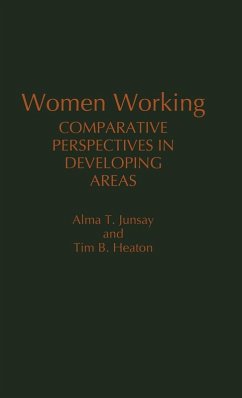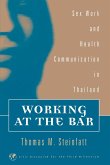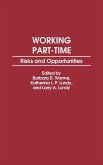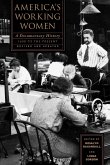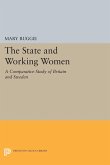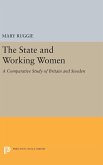Those promoting economic development in the Third World often disregard the disadvantaged position of women or lack adequate information to assess the role of women. This book seeks to remedy that situation by providing a detailed examination of patterns and determinants of female labor force participation in three developing countries: Thailand, Colombia, and Egypt. The analysis is based on detailed interviews with women about factors such as migration patterns, the employment situation, household conditions, and other relevant socioeconomic activities. The result is a comprehensive explanation of female economic behavior in developing countries that forms the basis for a broader understanding of women's economic conditions across culture. For each country studied, the authors focus on women's employment in the capital city. Combining the economic model of household time allocation and the sociological life course perspective, they document the influence of social origins, early work experience, and household conditions on women's labor force participation. Their findings provide valuable new information concerning the status and conditions of women who join the labor force: the resources available to them and constraints on participation; the relationships between household and female employment; and the influence of education on current economic behavior. Based on their research, the authors then propose and discuss various policies which might serve to improve female economic status in developing countries.
Hinweis: Dieser Artikel kann nur an eine deutsche Lieferadresse ausgeliefert werden.
Hinweis: Dieser Artikel kann nur an eine deutsche Lieferadresse ausgeliefert werden.

